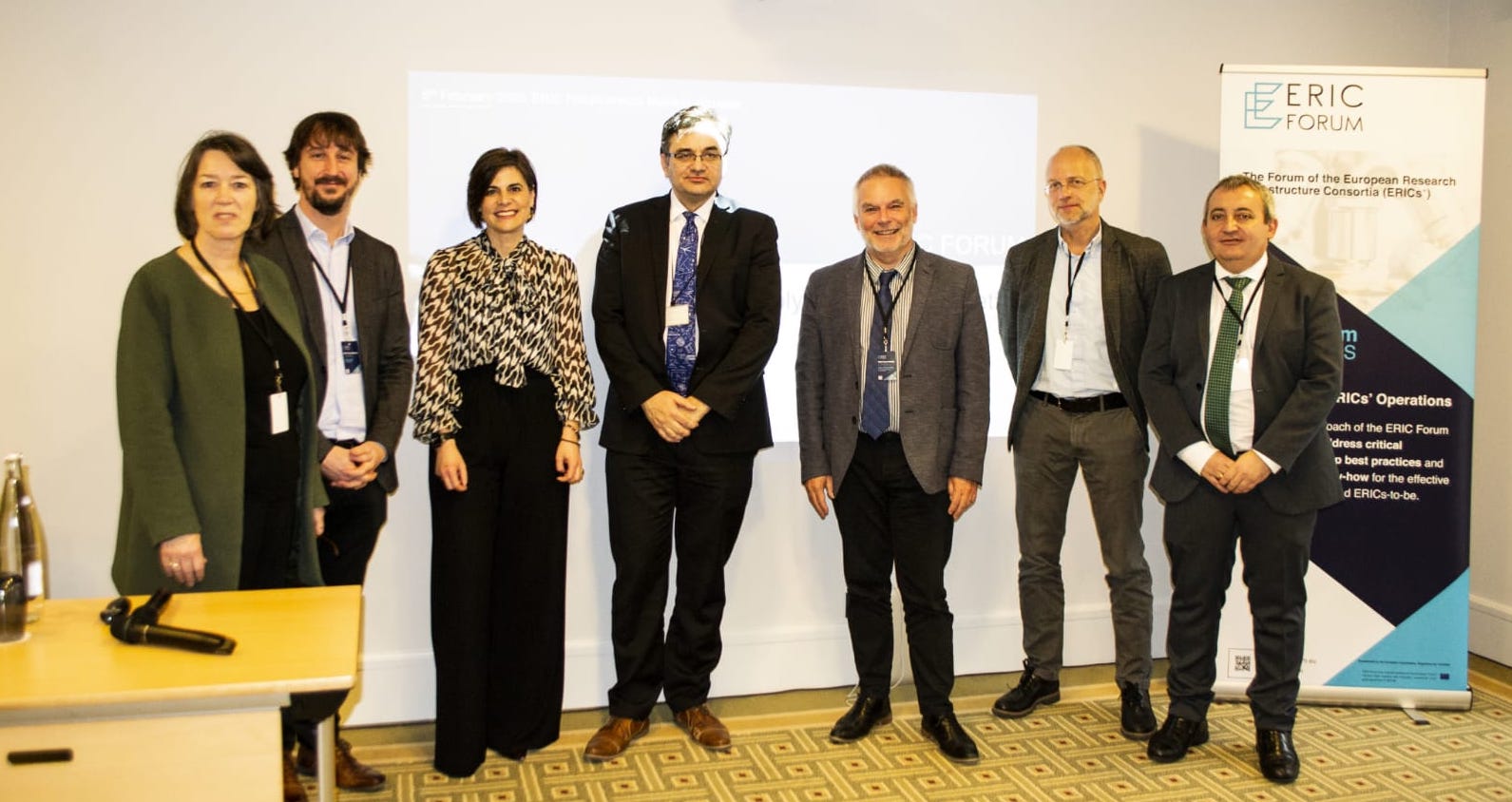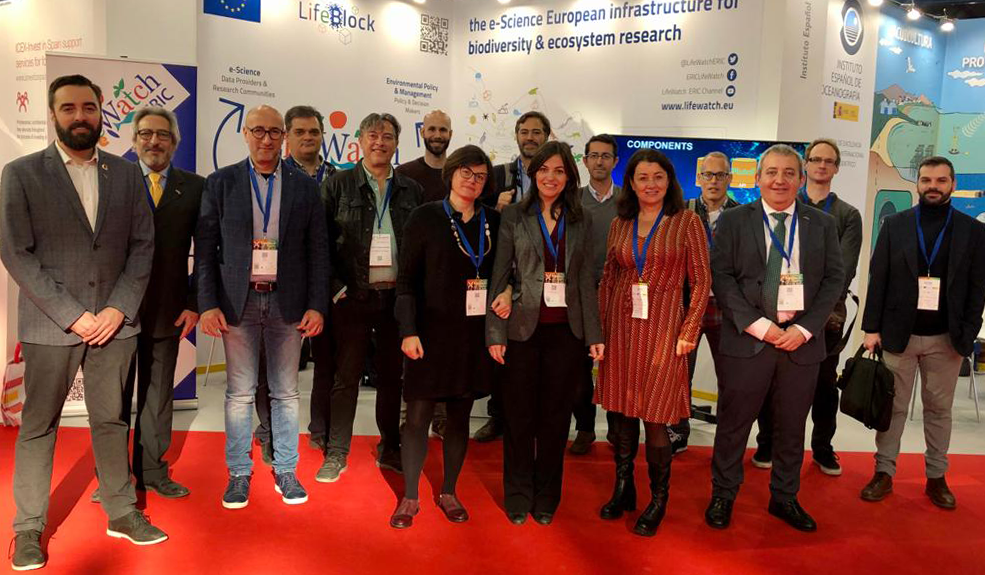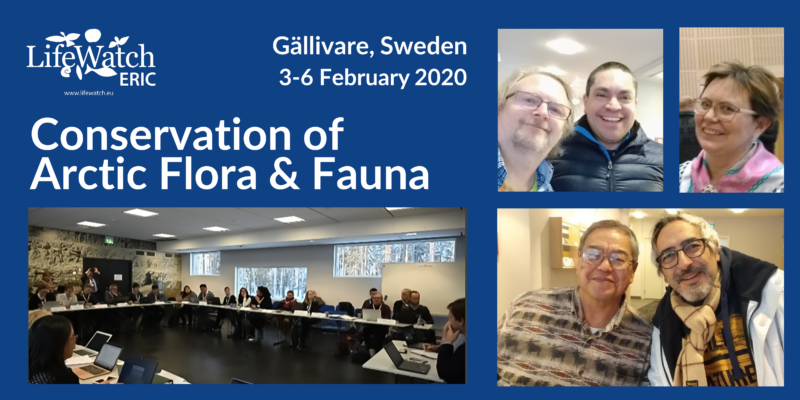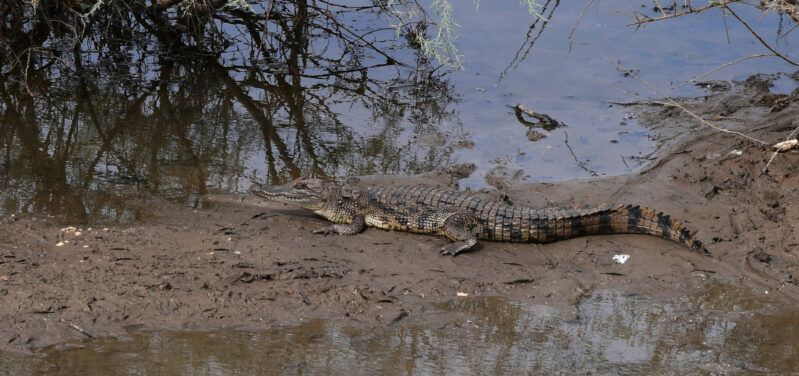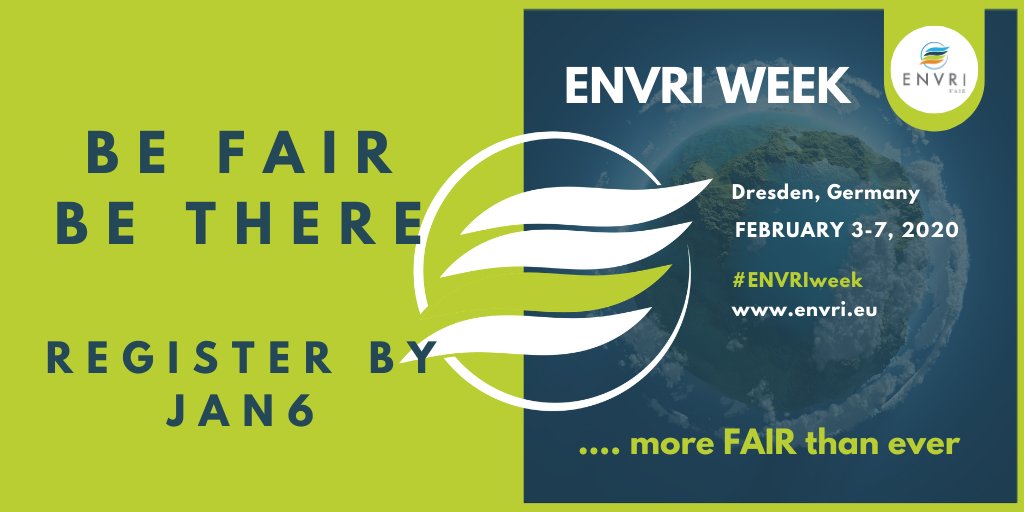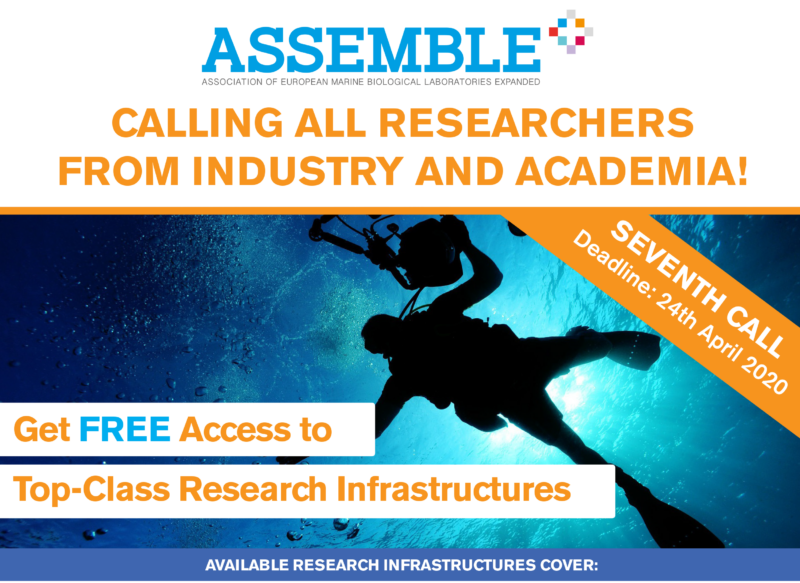LifeWatch ERIC Chief Technical Officer, Juan Miguel González-Aranda, will join the ERIC Forum Executive Board from today, Wednesday 5 February. This comes as recognition of his long-standing personal commitment to the ERIC Forum and within the related H2020 project, particularly his efforts to increase synergies among the ERICs. LifeWatch ERIC warmly congratulates Juan Miguel on his election.
The ERIC Forum Assembly announced the new leadership team as part of their two-day meeting in Brussels. The new Chair is John Womersley (Director General, European Spallation Source ERIC) and the new Vice Chair is Anton Ussi (Operations and Finance Director, EATRIS-ERIC). The Chairs, appointed for one year, are responsible for the strategic planning of the Forum, relations with the European Commission, the European Strategy Forum on Research Infrastructures (ESFRI) and other stakeholders.
Juan Miguel will be representative for the environmental cluster of ERICs, as one of three new members on the Executive Board who will support the work of the Chairs. The other two appointments are Franciska de Jong (Executive Director, CLARIN ERIC) for the social sciences cluster and Wolfgang Fecke (Director General, EU-OPENSCREEN) for the life sciences.
Former Chair of the ERIC Forum (2018), Juan Miguel holds a Telecommunication Engineering Degree, a PhD and a European MBA on Industrial Organisation & Enterprise Management. Experienced in co-ordinating Research Infrastructures in Spain and across Europe, he is a long-time supporter of the Horizon 2020 Digital Agenda, and he was also member of the e-IRG e-Infrastructure Reflection Group, EU-CELAC & MED international initiatives, among others. He was also Ministry delegate to the European Open Science Cloud (EOSC), which John Womersley confirmed would be one of the new Executive Board’s priorities.
Please check the ERIC Forum Official Press Release for more details.
